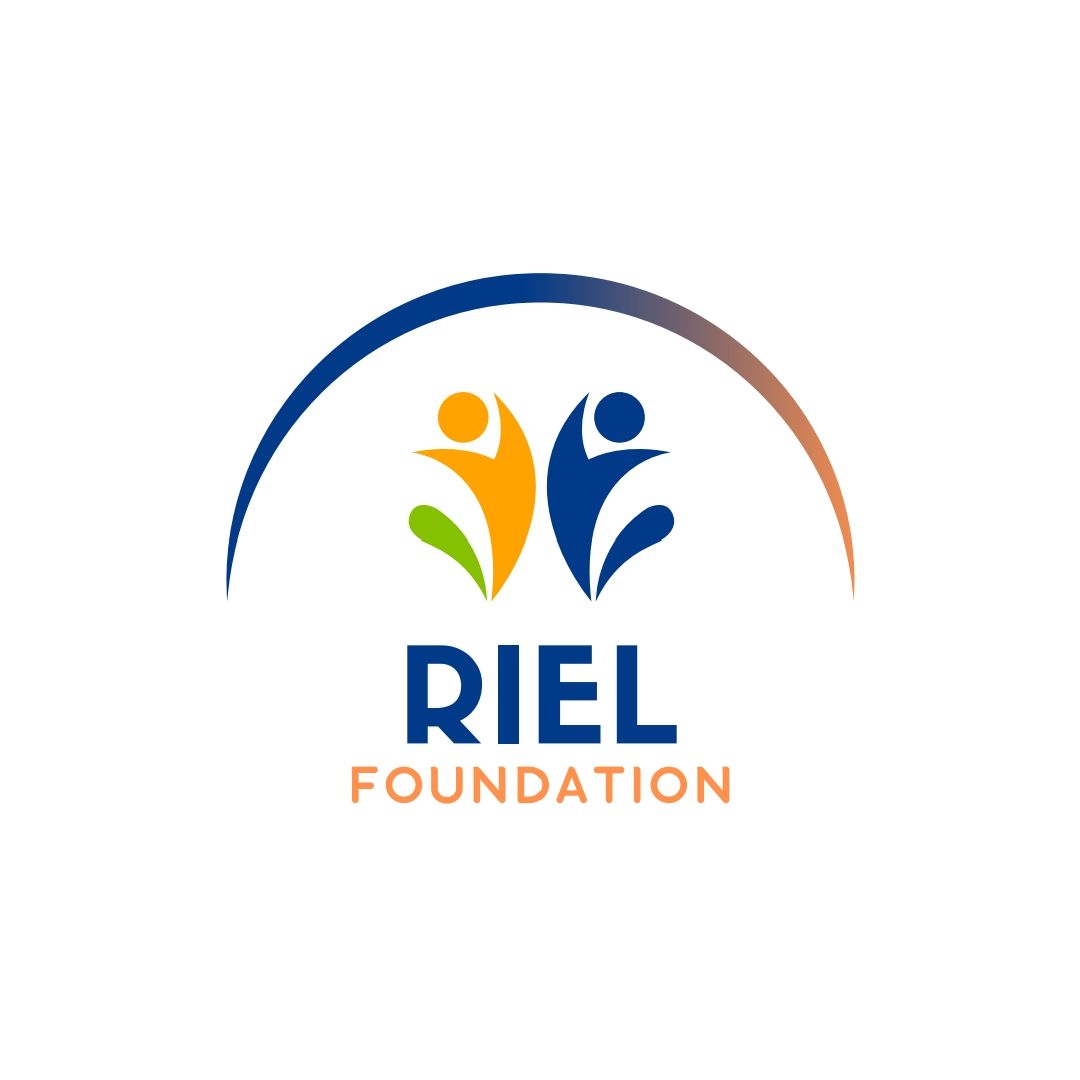Navigating the NGO Landscape in Rivers State: Challenges and Opportunities
Understanding the Non-Governmental Organization Landscape
Rivers State, located in the southern region of Nigeria, is home to a vibrant array of non-governmental organizations (NGOs) that play a crucial role in addressing social, economic, and environmental issues. These organizations are pivotal in supplementing government efforts and providing essential services to communities. However, the NGO landscape in Rivers State is not without its challenges and opportunities.

Challenges Facing NGOs in Rivers State
One of the primary challenges that NGOs in Rivers State face is funding constraints. Many organizations depend heavily on donor funding, which can be inconsistent and unpredictable. This often results in limited resources to execute projects effectively. Additionally, political instability and security issues in the region can further hinder the operational capabilities of these organizations.
Moreover, there is a lack of infrastructure which poses significant logistical challenges. Poor road networks and unreliable power supply make it difficult for NGOs to reach remote areas and deliver their services. This infrastructural deficiency not only escalates operational costs but also hampers the timely implementation of programs.
Legal and Regulatory Hurdles
The regulatory environment in Rivers State can be complex, posing another set of challenges for NGOs. Navigating the bureaucratic processes to register and maintain compliance with local laws can be time-consuming and burdensome. Furthermore, there is often a lack of clarity in regulatory requirements, which can lead to delays and increased administrative costs.

Opportunities for Growth and Collaboration
Despite these challenges, there are numerous opportunities for NGOs in Rivers State. One significant advantage is the increasing awareness and support from both local and international communities. This has led to more potential partnerships and collaborative efforts that can enhance the impact of NGO initiatives.
Additionally, the growing use of technology can significantly boost the efficiency and reach of NGOs. Digital tools can help streamline operations, improve communication with stakeholders, and facilitate better data collection and analysis. By embracing technology, NGOs can enhance their service delivery and maximize their impact.
Community Engagement and Empowerment
Community involvement is a critical component for the success of NGO projects. By actively engaging with local communities, NGOs can better understand their needs and tailor their programs accordingly. This not only ensures more effective service delivery but also empowers communities by involving them in decision-making processes.

The Way Forward
To navigate the complex NGO landscape in Rivers State effectively, organizations must adopt a proactive approach. This involves continuously seeking innovative solutions to overcome challenges, building strong networks for support, and advocating for a more conducive operating environment. By doing so, they can continue to make a meaningful difference in the lives of the people they serve.
In conclusion, while NGOs in Rivers State face several hurdles, they also have unique opportunities to drive positive change. By leveraging partnerships, embracing technology, and fostering community collaboration, these organizations can navigate the landscape successfully and contribute significantly to regional development.
